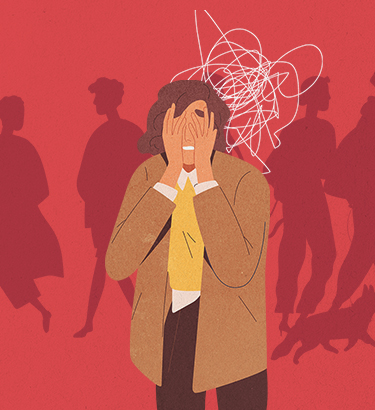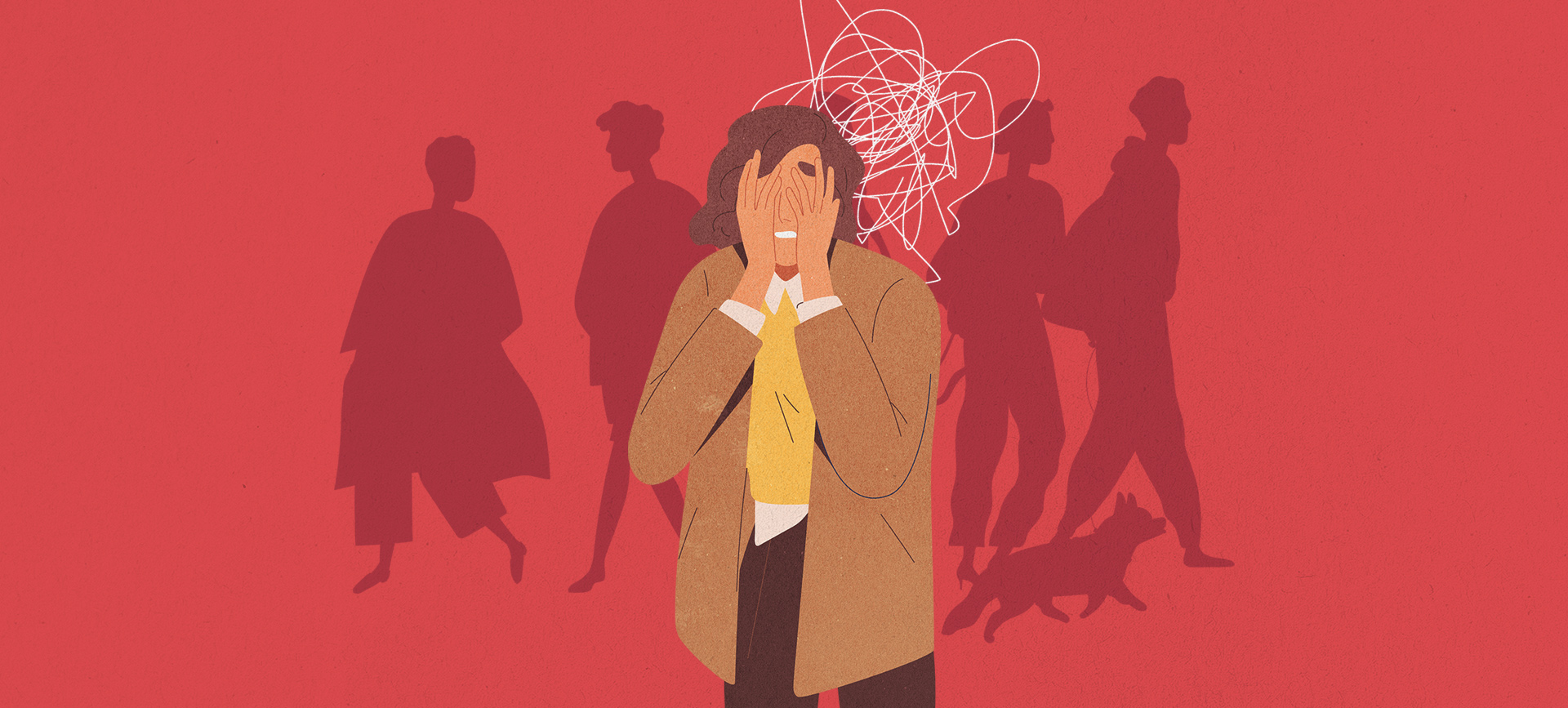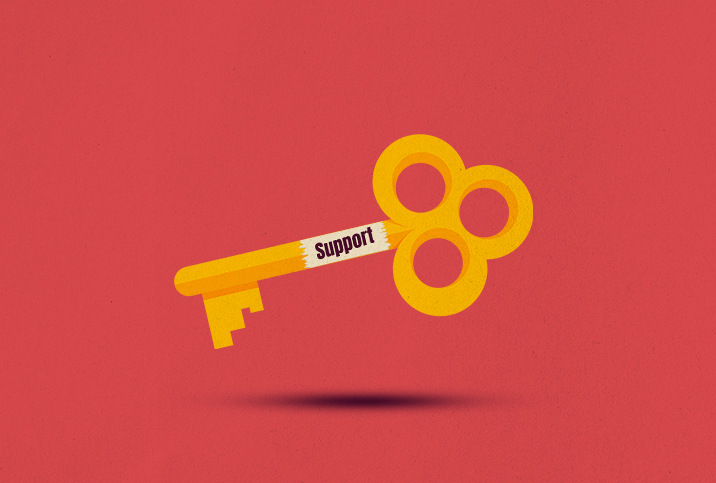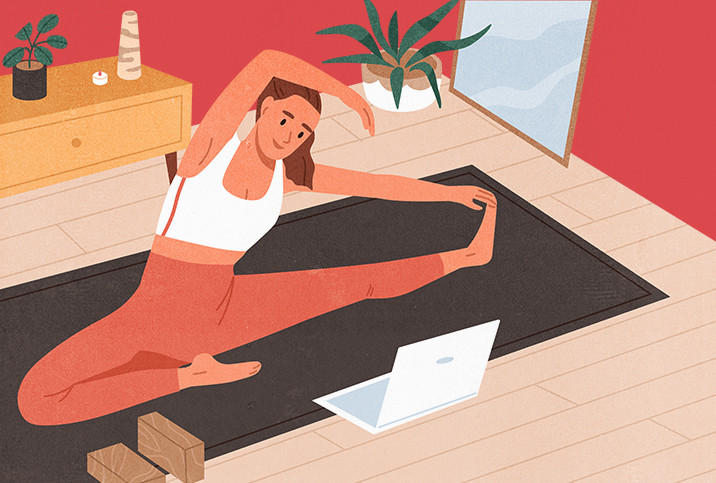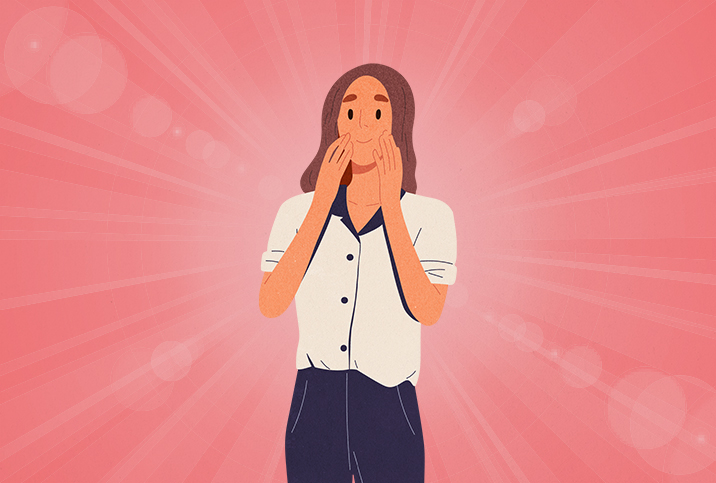Feeling stressed or anxious is a normal part of the human experience. But for people with an anxiety disorder, those feelings of excessive worry or fear can be so intense and recurring that carrying out daily tasks and responsibilities becomes a serious challenge.
Although anxiety may be a long-term struggle for many, experts say there are strategies you can adopt to better cope with anxiety while still living a full and satisfying life.









